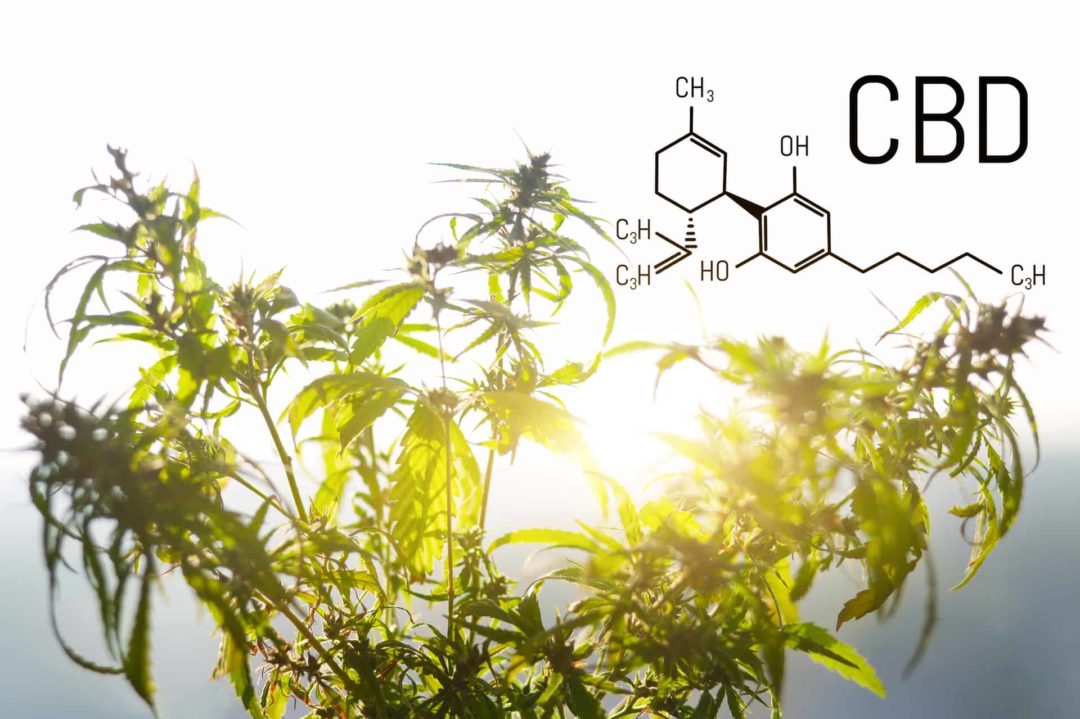The study, published in theInternational Journal of Molecular Sciences,notes that CBD does pose some risks, mostly in terms of liver toxicity and through potential interactions with other herbs or drugs. The study was intended to test interactions between CRCE and MSM in mice, in order to establish any baseline safety concerns or lack thereof.
Researchers gave 8-week-old male mice water containing MSM for 17 days. During the final three days of treatment, the mice also received CRCE.
The researchers looked at the mice’scytochrome P450 (CYPs),a family of enzymes that oxidize steroids, fatty acids, and xenobiotics, They are involved in drug metabolism, and can be a source of adverse drug interactions—if one drug inhibits the CYP-mediated metabolism of another drug, the second drug may accumulate within the body and hit toxic levels. Alternatively, CYP activity can be inhibited by natural compounds such as bergamottin—found in grapefruit juice—leading to increased bioavailability and the risk of overdosing.
Related: Healthy Aging Skin Health from the Inside Out FTC Announces Crackdown on CBD Claims
The findings: Administration of MSM alone did not result in any evidence of liver toxicity and did not induce expression of mouse CYP enzymes. Administration of CRCE did product significant increases in certain CYP enzymes, but the effect was not amplified by MSM/CRCE treatment, suggesting no interaction. No evidence of liver toxicity was observed in those treated with MSM and CRCE. In fact, the researchers noted that CRCE did not affect the ability of MSM to enhance glutathione synthesis within the liver, “a finding suggestive of its capability for mitigating CBD/CRCE-induced hepatotoxicity.”Moreover, the press release pointed to the fact that CRCE+MSM increased the amount of glutathione produced by the liver even more than MSM alone. Igor Koturbash, M.D., Ph.D.,who led the researchers, said in the press release: “MSM is already known to mitigate oxidative stress by increasing glutathione, while we also understand that CBD decreases glutathione. So discovering how CRCE and MSM work together to increase glutathione, even beyond what MSM could do on its own, was the most exciting part of this study. Hopefully this will lead to future studies to determine if MSM can be used to prevent or treat toxicity issues that could be caused by high CBD doses.”
Rodney Benjamin, Director of R&D at Bergstrom Nutrition, commented: “As the market for cannabis products continues to grow and become more competitive, companies are looking for ways to differentiate their products. However, Bergstrom Nutrition always wants to be thoughtful about how MSM interacts with other ingredients. This work not only demonstrates the safety of combining OptiMSM with CBD-containing products, but actually suggests a major benefit to any unwanted effects that long-term, high-dose CBD could potentially bring.”










